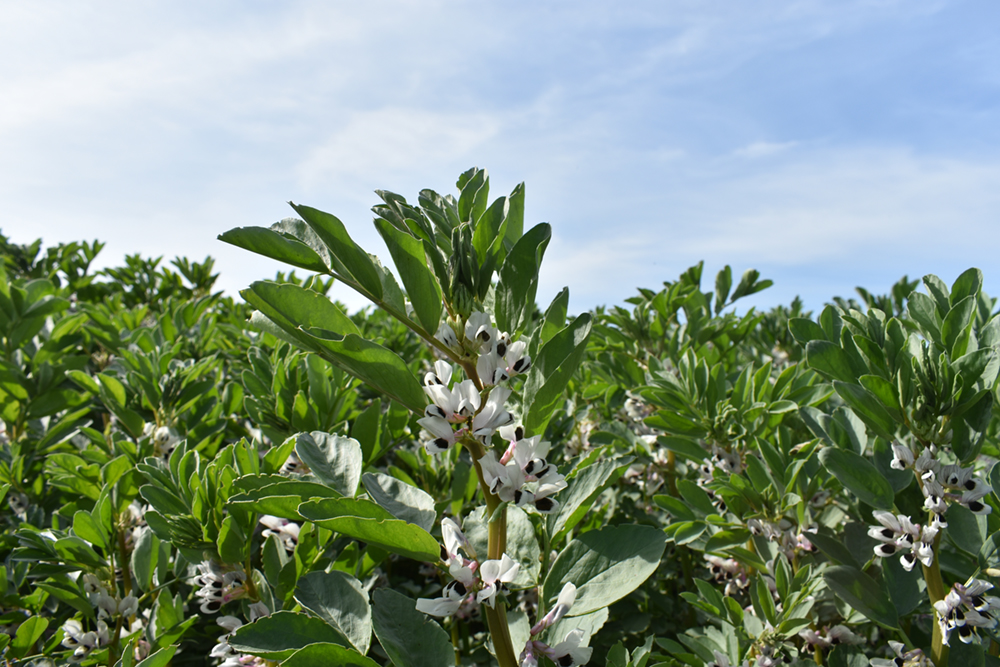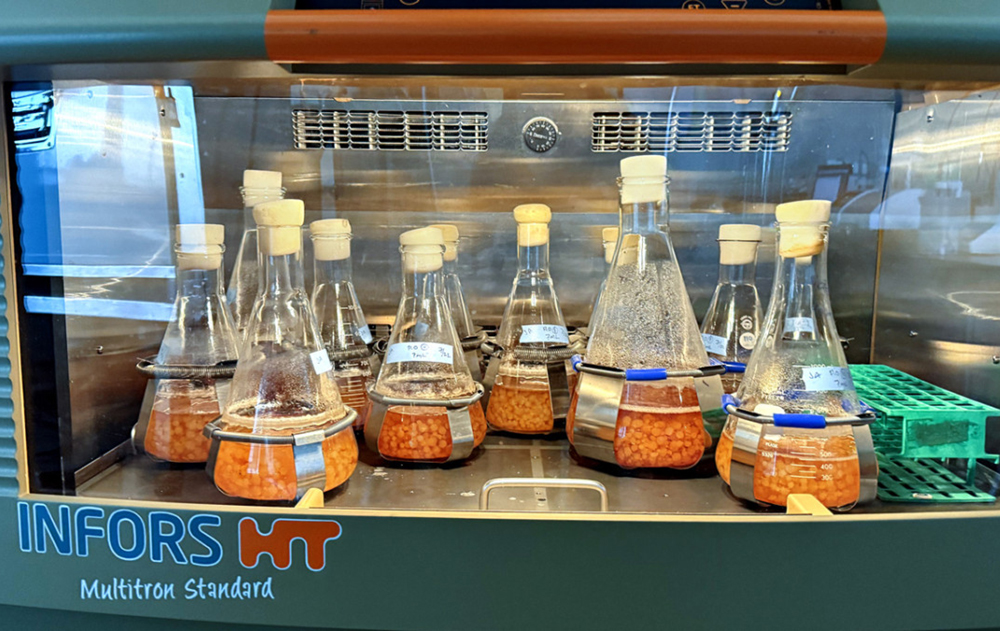

dsm-firmenich targets bitter flavors with new ModulaSENSE maskers to boost Vertis CanolaPRO in plant-based drinks and bars
dsm-firmenich has introduced a new series of ModulaSENSE maskers designed to tackle the off-notes that can undermine the appeal of plant proteins, as the company works to unlock greater use of its Vertis CanolaPRO ingredient in ready-to-mix drinks and protein bars.
Announced today from the company’s sites in Kaiseraugst, Switzerland, and Heerlen, Netherlands, the maskers target bitterness, astringency, and licorice-like flavors in Vertis CanolaPRO at the molecular level, aiming to improve taste without compromising nutritional benefits.
“There is a critical need in the plant protein space – better nutrition without compromise on taste,” said Alejandra Camacho, Vice President, Global Innovation Leader, Dairy Taste & Plant-based, at dsm-firmenich. “Using our deep molecular understanding of protein structures and interactions, alongside cutting-edge technologies to identify the correct masking ratios, we’re facilitating the sustainable protein transition. ModulaSENSE combined with Vertis CanolaPRO unlocks more opportunities for our customers, plus better tasting, sustainable, and functional nutrition for consumers.”
Vertis CanolaPRO is a rapeseed protein isolate positioned by dsm-firmenich as a versatile plant-based alternative for food and beverage manufacturers seeking to meet rising demand for high-protein products. A complete protein source, it contains all nine essential amino acids and offers a protein digestibility-corrected amino acid score of one. It is also free from major allergens and carries sustainability credentials as a certified upcycled ingredient, derived from a sidestream of canola oil production.
However, as with many plant proteins, incorporating Vertis CanolaPRO into finished products can present sensory challenges. While the protein isolate brings benefits like solubility, foaming, emulsification, and gelation, it can also impart bitter or astringent flavors in certain formulations. That sensory hurdle has been a limiting factor for some brands looking to create plant-based offerings with higher protein content.

ModulaSENSE was developed specifically to solve that problem. Using receptor-based technology, dsm-firmenich’s new maskers intercept unwanted taste compounds before they can activate key taste receptors. By blocking or reducing the perception of bitter or undesirable notes, manufacturers can include higher levels of Vertis CanolaPRO in products such as ready-to-mix drinks and protein bars while preserving – or even improving – the overall flavor profile.
The launch responds to a broader trend in the plant-based space, where consumers increasingly expect products that deliver on both health and sensory appeal. According to dsm-firmenich, shoppers in North America and Europe are looking for high-protein, plant-based alternatives but are unwilling to sacrifice taste. That pressure has created a significant challenge for product developers, especially in categories where flavor is critical to repeat purchases.
Camacho said the company’s approach blends insights into the molecular structure of plant proteins with advanced flavor chemistry to create solutions that go beyond generic masking. “We’re not just adding sweetness or covering things up,” she said. “It’s about understanding how certain protein structures interact with taste receptors and finding ways to prevent those unwanted interactions. That means we can achieve better precision, higher protein inclusion, and ultimately products that consumers actually want to buy again.”
The new ModulaSENSE maskers are now available in North America, with European availability set for September 2025. While the initial rollout focuses on ready-to-mix drinks and protein bars, dsm-firmenich said it intends to expand the technology to other applications in the future.
For brands navigating the competitive plant-based market, the timing could be significant. Plant proteins remain central to the industry’s sustainability narrative, but flavor and texture hurdles have slowed some innovation pipelines. Ingredients like Vertis CanolaPRO offer a chance to diversify away from more established protein sources such as soy and pea, especially in markets looking for allergen-free options and more sustainable supply chains.
By uniting advanced masking technology with a functional plant protein, dsm-firmenich aims to support its customers in developing products that meet the dual demands of nutrition and taste. In Camacho’s view, that’s essential for the broader shift toward sustainable diets. “It’s not enough for a product to be good for you or good for the planet,” she said. “People have to love how it tastes. That’s where we see ourselves making the biggest impact.”
If you have any questions or would like to get in touch with us, please email info@futureofproteinproduction.com

.png)






